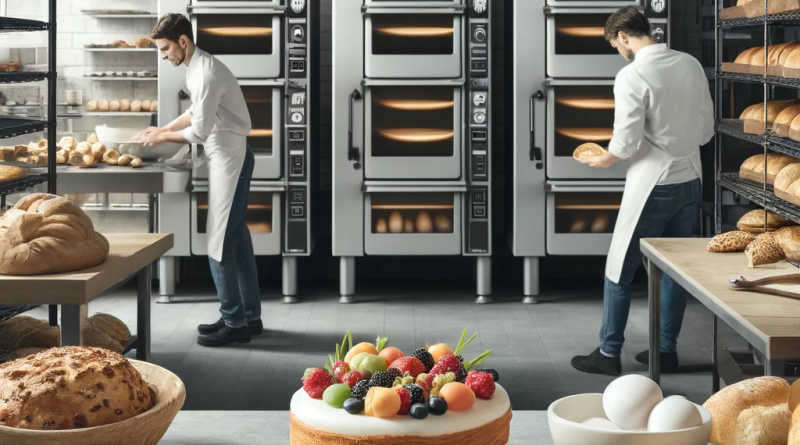How Bakeries Can Lead Global Efforts in Food Waste Reduction
In today’s world, where the specter of climate change looms large and food security challenges intensify, the issue of food waste cannot be overstated. Each year, approximately 1.3 billion tonnes of food intended for human consumption is discarded or lost—this represents a third of all food produced globally. The economic, environmental, and social ramifications of this loss are profound, with wasted resources totaling around $940 billion annually and significant contributions to greenhouse gas emissions through methane released from decomposing food in landfills.
The urgency to address this issue is clear, but the pathways to effective solutions are complex and require a collaborative, innovative approach. One sector where the potential for impact is substantial is the bakery industry, which is positioned uniquely at the intersection of large-scale retail and artisanal consumer connection.
The Bakery Industry’s Pivotal Role in Shaping Sustainable Practices
Bakeries, especially those operating on a large scale, are pivotal in shaping sustainable food practices due to their extensive reach and influence. Unlike other food sectors, the bakery industry combines high-volume production with rapid product turnover, making it particularly susceptible to waste. Here, the opportunity—and indeed, the responsibility—to lead the way in sustainable practices is paramount.
The story of James Eid, a fourth-generation baker and founder of Earth & Wheat, exemplifies this leadership. Eid’s initiative to redistribute unsold baked goods through a direct-to-consumer platform not only reduces waste but also sets a standard for others in the industry. His criticism of governmental inaction in the UK and call for industry-led governance underscore a growing sentiment across the globe: businesses must take the lead in sustainability when regulatory bodies fall short.
Innovation at the Heart of Waste Reduction
Technological innovation plays a crucial role in transforming food waste management from a logistical challenge into a strategic advantage. Advanced analytics and artificial intelligence are at the forefront of this transformation, helping bakeries predict demand more accurately and manage inventory in real-time. These technologies are not just about reducing waste; they enhance operational efficiency and profitability, creating a compelling case for their widespread adoption.
For example, AI can streamline bakery production schedules, optimize delivery routes, and even modify recipes based on available ingredients, significantly minimizing waste. This integration of technology in everyday operations is a testament to the potential of digital solutions in achieving sustainability goals.
The effectiveness of any sustainability initiative is amplified through collaboration. Public-private partnerships, where governmental support meets corporate innovation, can lead to breakthroughs in waste management. Governments can incentivize bakeries to adopt sustainable practices through subsidies, tax breaks, and grants, particularly for those investing in technologies that reduce their environmental footprint.
Moreover, industry-wide platforms that facilitate knowledge sharing and best practices can help individual bakeries make significant strides in reducing their waste. These collaborative efforts not only address the waste issue more comprehensively but also build a community of practice that supports long-term commitments to sustainability.
Embedding Sustainability in Bakery Operations
The path forward for the bakery industry and food producers, in general, is to embed sustainability into the core of their business operations. This involves more than just implementing new technologies or practices; it requires a cultural shift towards valuing sustainability as essential to business success.
By setting ambitious yet achievable waste reduction targets and transparently reporting their progress, bakeries can lead by example, inspiring other sectors and the public to follow suit. The journey towards zero waste is challenging but necessary, promising not only environmental benefits but also substantial economic and social returns.
Sources:
